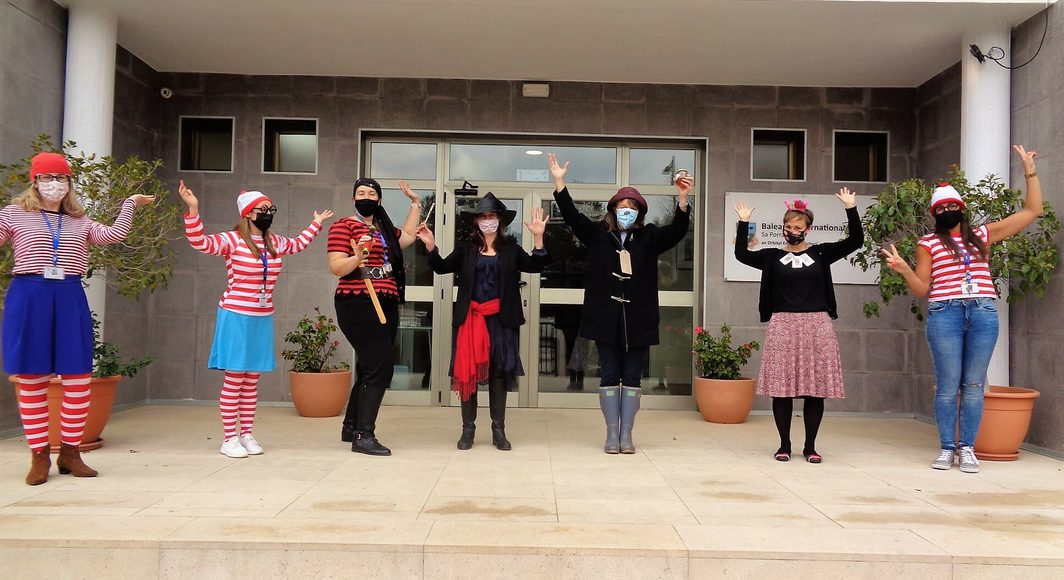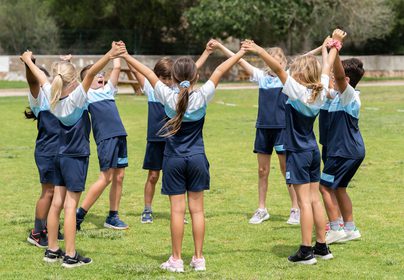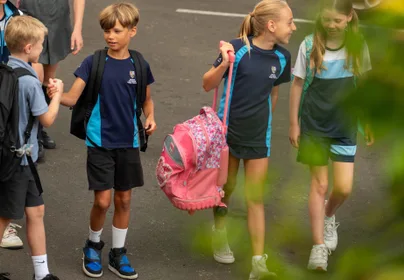A message from Alison Colwell, Principal
Dear families,
I hope you are having a good March as we enjoy a little bit more freedom, if a little bit less sunshine.
Digesting the annual survey, the words that were used again and again to describe the school by you, our parents, were "warm" and "friendly", and it was repeatedly stated that your children are "happy". As you know, I am committed and determined to making this the number one school on the island, and a warm and friendly school with happy children is a vital part of that. We have been working tirelessly to promote kindness and to stamp out any unkindness, using a tough but restorative approach - which is the most effective way, and with long term results. We have, and will, act immediately, robustly and fairly whenever there are instances of unacceptable behaviour. We promote respect for difference, fairness, equality and compassion, and teach awareness and understanding of different cultures, nationalities, religions and lifestyles. If you hear anyone say that the school does not deal with things, is not taking even small things seriously, is not tackling problems, then quite simply - they are wrong. We are.
But I cannot stress strongly enough the part that you, as parents, have to play in this. We can only act if we know about things, and whilst we are all vigilant it is invariably a parent that a child will talk to first. In today's world it is a fact that most unkindness between youngsters goes on outside the school gates - on the various social media sites that are now, sadly, the norm for our children and young people. If you are not monitoring their screen time, do not know what they are saying to each other online, do not help them to understand what is a good use of technology and what is a very poor and damaging use - this will work against our mission to create a culture of total kindness and respect in school. You, as parents, hold the key to that success.
Our PTA - Parent Teacher Association - is a vital part of our school. I met with members of it yesterday to discuss further how we can all work together for the good of the school and our children. We are creating a fifth committee to complement the existing ones of Welcome, Expertise, Environment and Events. We are creating a Culture Committee that will help to strengthen even further home-school links and ensure that, where there are concerns or problems, the school is alerted swiftly and acts immediately. More importantly, it will help us to create more opportunities to develop our kindness culture and promotion of good deeds and kind words.
You can find the Year group members of the PTA on the web site page, and in the meantime if you want to get involved, please contact the chair of the PTA Paula Cannady on paulasuecannady@gmail.com
Wishing you all a good weekend.
Alison Colwell
Principal
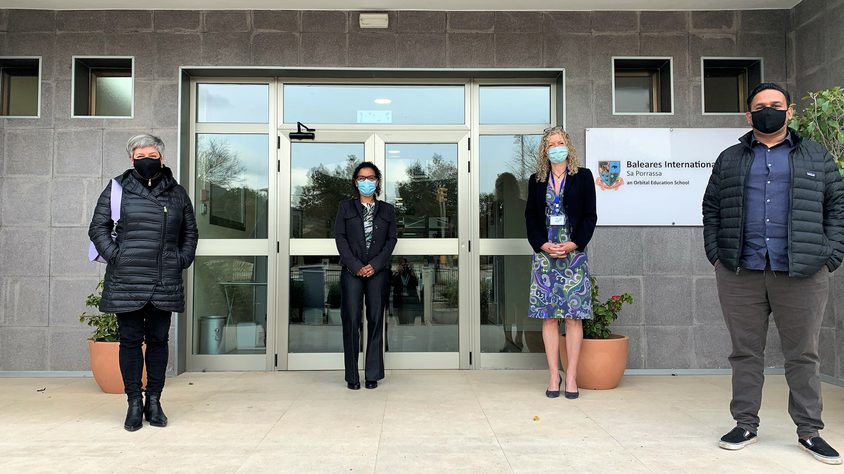
Mrs Alexandra Tomlinson - Head of Secondary
Drop Everything and Read (at home!)
One of the best bits of our Book Week celebration this week has been the 20 minutes or so every day when our ´Harry Potter´ bell has rung during a lesson to signal that everyone should stop what they are doing and READ! What a treat! It feels like a luxury, almost something daring and naughty, to be reading in the middle of a lesson and yet teaching students to love reading is the single most important thing that we do as educators in ensuring the academic success and emotional wellbeing of the young people in our care.
The skills required to read independently are the same skills required to self motivate so as to complete homework diligently. This week, students have been reminded of their Homework Schedules and I would like to share again with parents our expectations for the approximate amount of time that students should be spending on work at home each day, below. In addition to these timings, your sons and daughters should be spending at least 30 minutes before bedtime reading for enjoyment. This aids a restful sleep and is just so good for the mind. Reading before bed should feel like a real treat at the end of the day - just as it did in those lessons during Book Week.
Homework Timings
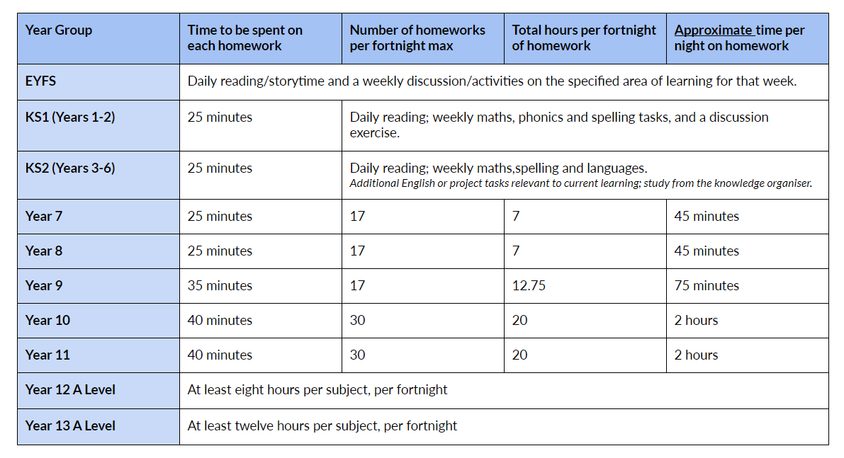
Secondary Congratulations
Holly and Millie, 7B, for their amazing effort in producing an effective media campaign for a charity together. Maxi, Julia, Reya and Vivienne, Year 8, for their help in planning and organising book week, showing excellent commitment and sharing the joy of books and reading. Oliver, 9C, for consistent positivity and effort in maths and trying so hard with his maths homework. Harley, 10C, for excellence in his recent homework assignment in Spanish - lots of effort, data research and accurate oral skills. Elle, 11B for an excellent attitude and dedication to improving her already great scores in English through consistent effort in her revision.
Mr John Barter - Head of Sixth Form
The Value of Reading For Our Older Students
This week we have celebrated Book Week. Whilst it has involved lots of fun activities for our younger students (and dressing up!), I hope that our older students have also felt the value of it; it was held to make a point to the whole school community.
There is little doubt that reading broadens the mind. It has the power to take you to places that you have never been to (and may never go to). It also has the power to give you experiences that you have never had (and may never have). Hopefully, through this we can become more creative, thoughtful and impassioned. Most of all, especially for our older students, reading just helps us learn more things. Students often ask me how I know so much; in good part it is because I am so old (!) and have a lot of life experience; but it is also because I have read a lot.
It seems to me that the type of reading matter is not important. It might be novels, newspapers (on paper or in app form), magazines, blogs, MOOCs (Massive Open Online Courses); the choice is endless. It might be purposeful in that there is a specific thing that we want to know more about, but it could just as easily be for relaxation and to leave the concerns of the here and now behind. However, universities tell us that wider reading, whatever its form or whatever its purpose, is highly valued by them and should be something that students comment on in their personal statements and that teachers should comment on in references. All universities expect more than just classroom knowledge, which is where ‘super-curricular’ activities come in; these enrichment tasks show you are interested in the world beyond your studies, beyond what is on the specification. Reading shows that you are interested and interesting!
I hope that the quiz task on teachers’ favourite books has shown our older students that reading is of significant value. I know the next three months might be pressured in preparing for exams or ‘the basket of evidence’ to support teacher awarded grades but, even then, reading can just give you a lovely break and a chance to get back to studying refreshed. If students need ideas for wider reading all their teachers will be excited to make suggestions.
John Barter
Head of Sixth Form
john.barter@balearesint.net
A Parent webinar: Improving attainment in GCSE Science
Dear Parents of Year 11,
Thank you for your time yesterday in joining us for the Raising Attainment in iGCSE Science Webinar. We understand that you are busy, so we recorded the session for you to watch at your own convenience.
I wanted to summarise our current programme of intervention so that you are completely in the loop about how we are supporting your child in science. Before doing so, I want you to know that as this is a new approach, we are very much looking to hear feedback from our students. We understand the pressure that students can be under and we want to find the point where high expectations and listening meet. We will make changes to our approach where necessary after consultation with the students, always in the context of sky-high expectations and care for wellbeing.
We are here to fully support every student as they endeavour to reach their potential. With this in mind, here are our support strategies in short:
Revision guidebooks that are packed with exam tips and spaces for the students to summarise their notes on a weekly basis.
A revision schedule at the back of the revision books where you will see if the students are summarising their notes and revising, as well as their weekly test scores.
Practical mornings (forthcoming) in biology, chemistry and physics to support any practical science gaps from the pandemic.
Supervised study support on Friday after school between 16:00-16:50 with me, either upon request or as mandated by subject teachers where additional effort in studying is needed. Should we see that your child isn't making the required efforts to succeed, you will know instantly on a weekly basis as a request will be made for them to attend supervised study after school in the following week with me, allowing time for people to change their commitments. Should this be the case, your child will bring a slip home for you to sign.
Working together, I have no doubt that our students will achieve their potential. My door is always open should you wish to meet.
All the very best,
Mr Wolfenden
Head of Science
Weekly highlights - The English department at Baleares International College
Book Week at BIC
It’s Book Week, and there has certainly been a buzz around the school all week. The students have been keen to find out teachers’ favourite books; have been sending in shelfies and extreme reading pictures; have got involved in ‘Drop Everything and Read’; and, of course, dressed up in their literary finest for World Book Day.
Shelfie and teachers’ favourite book competition winners will be announced next week, but in the meantime please enjoy some pictures from the week.
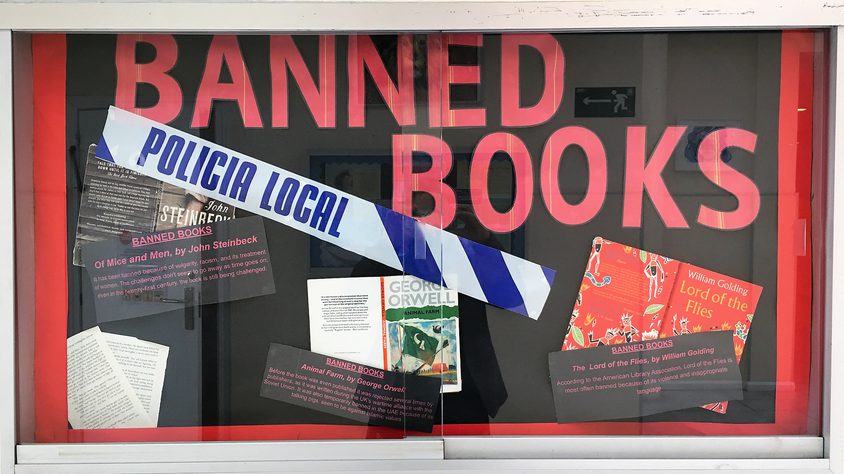
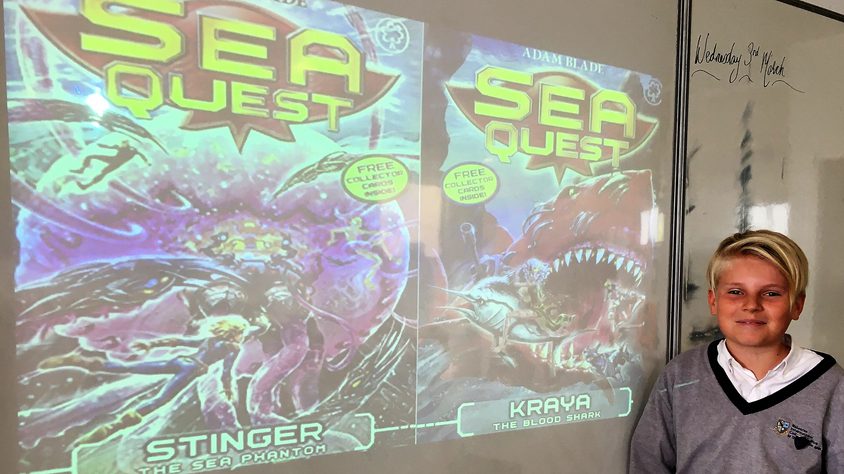
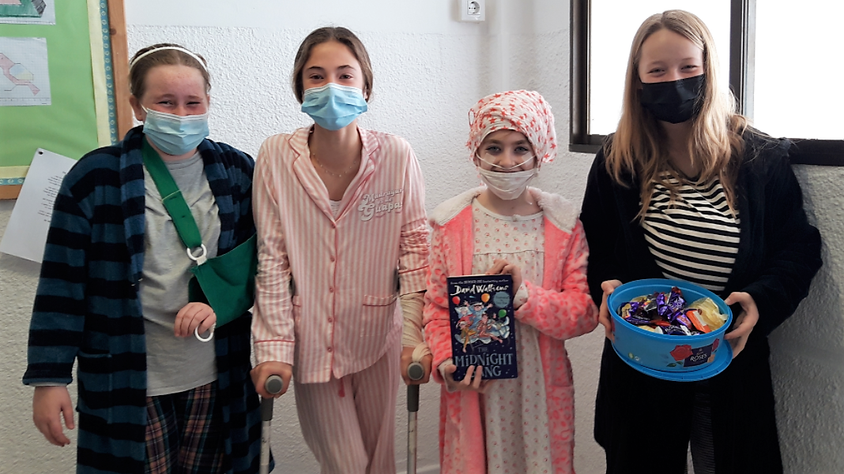
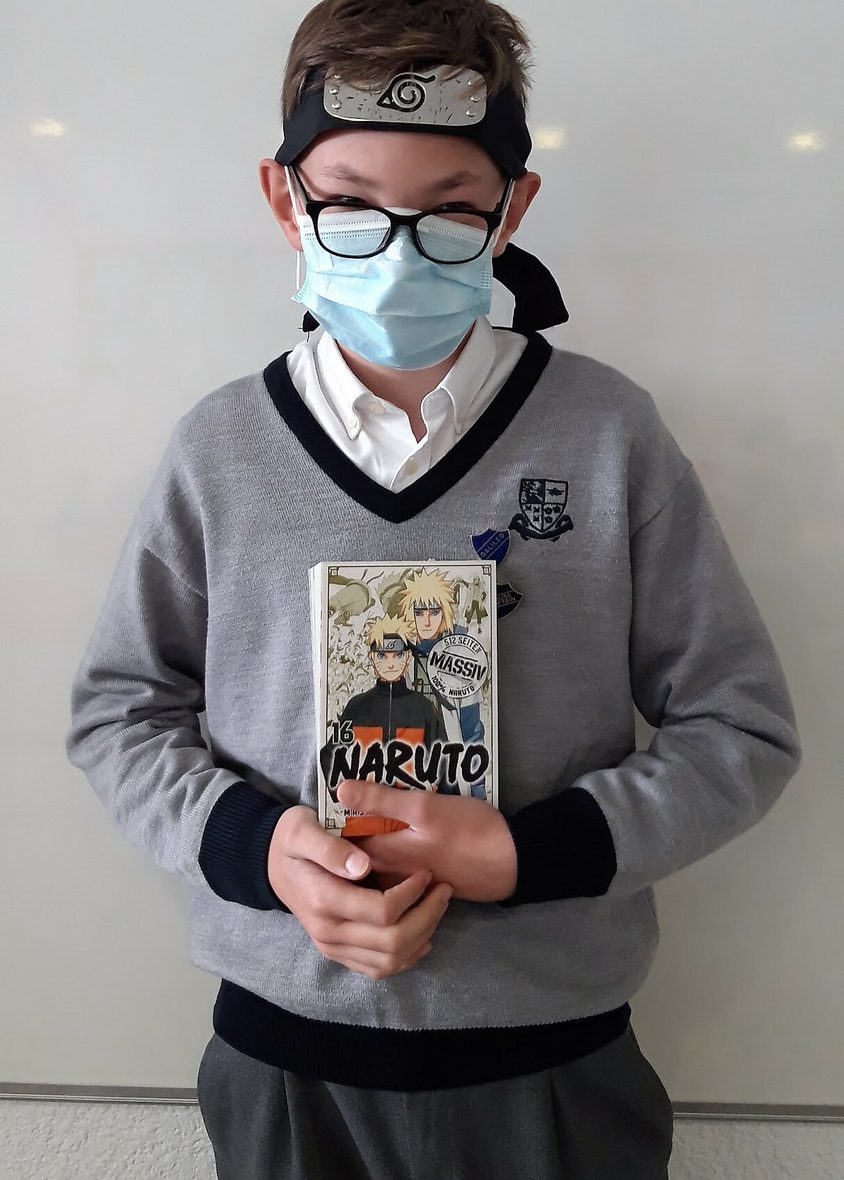
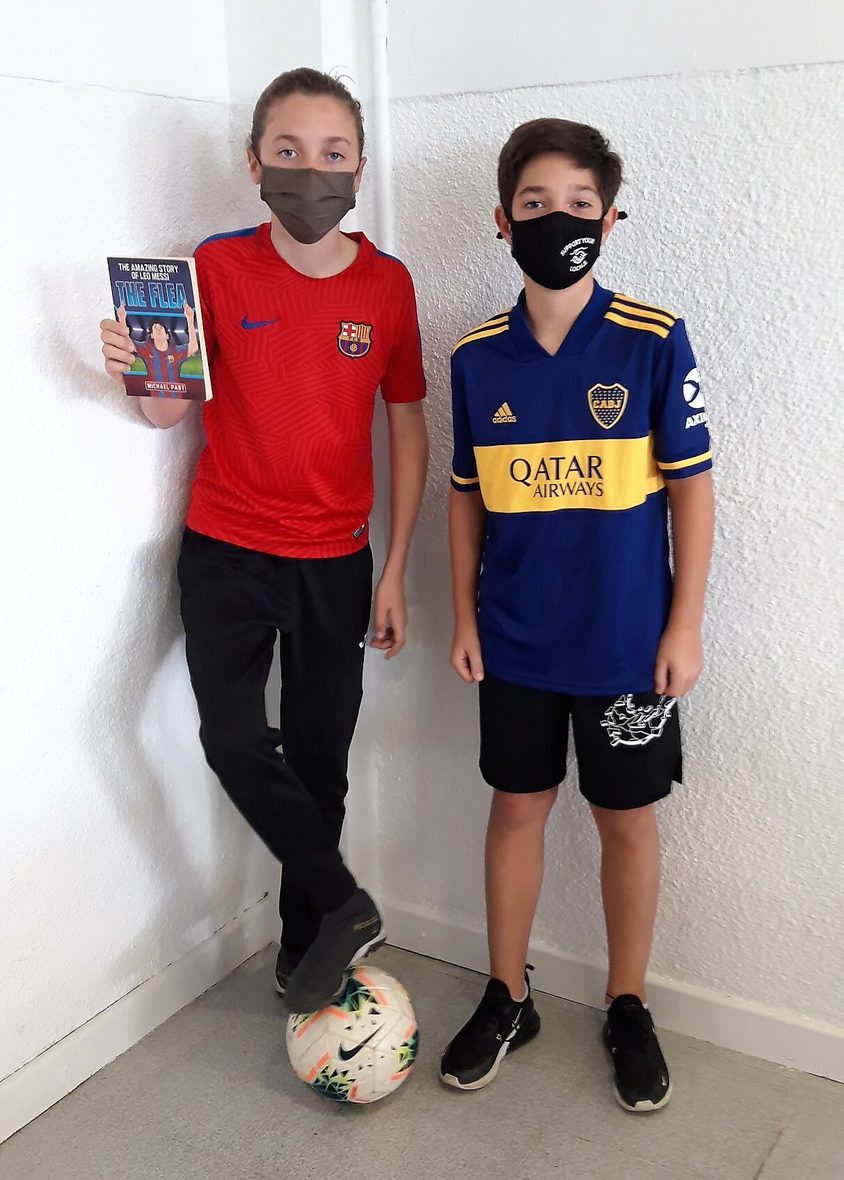
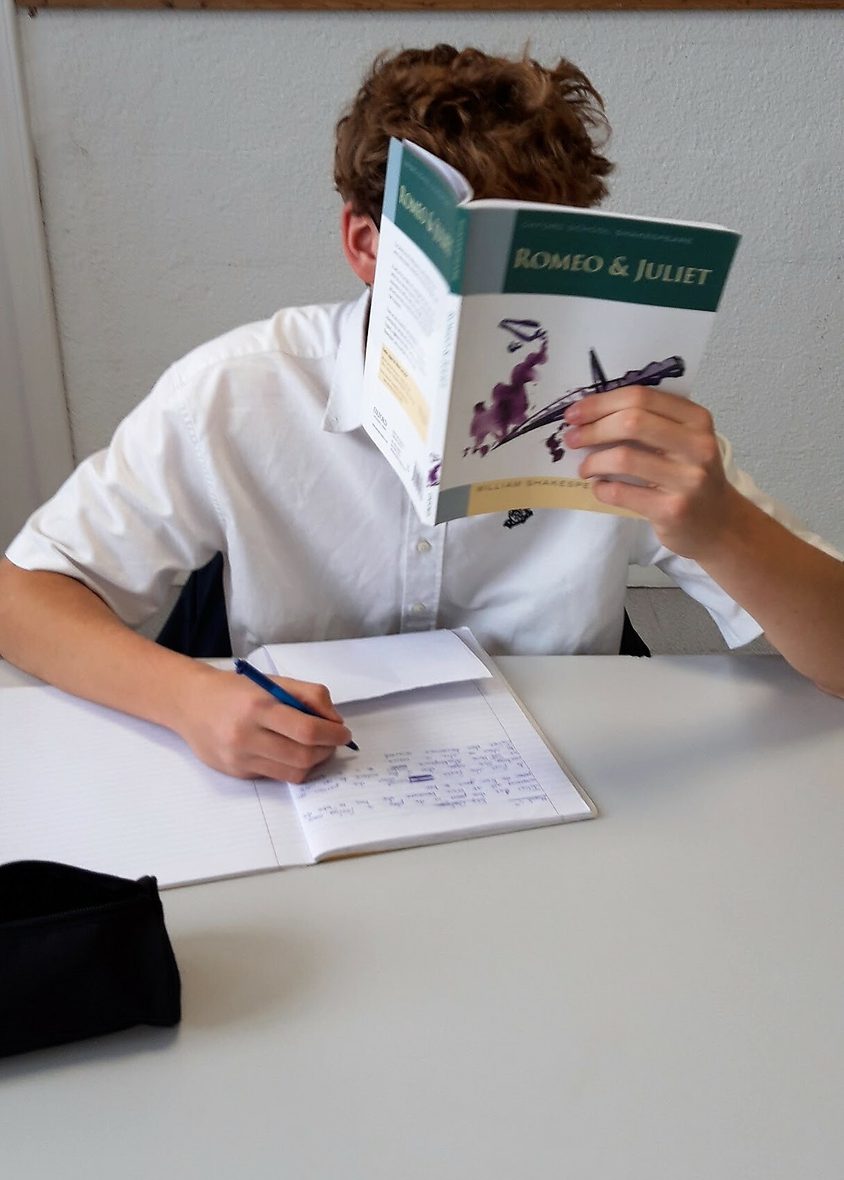
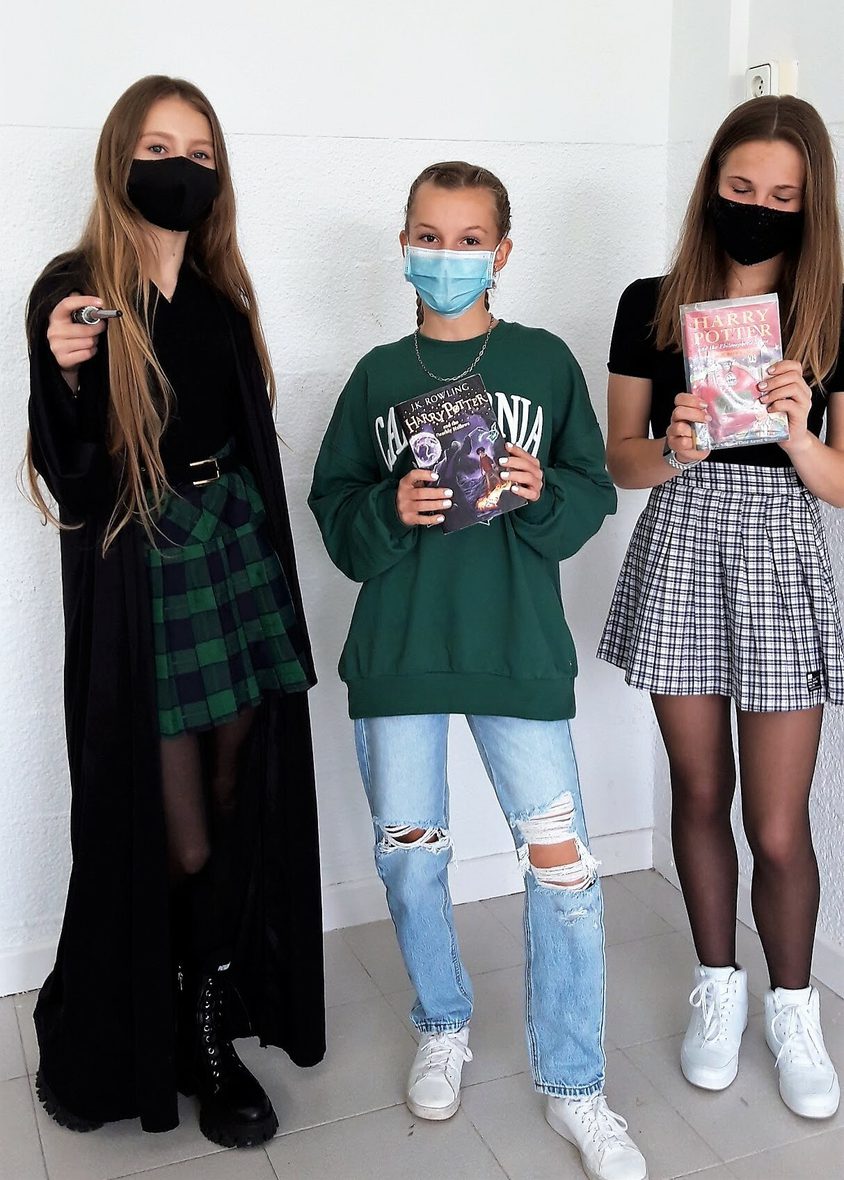
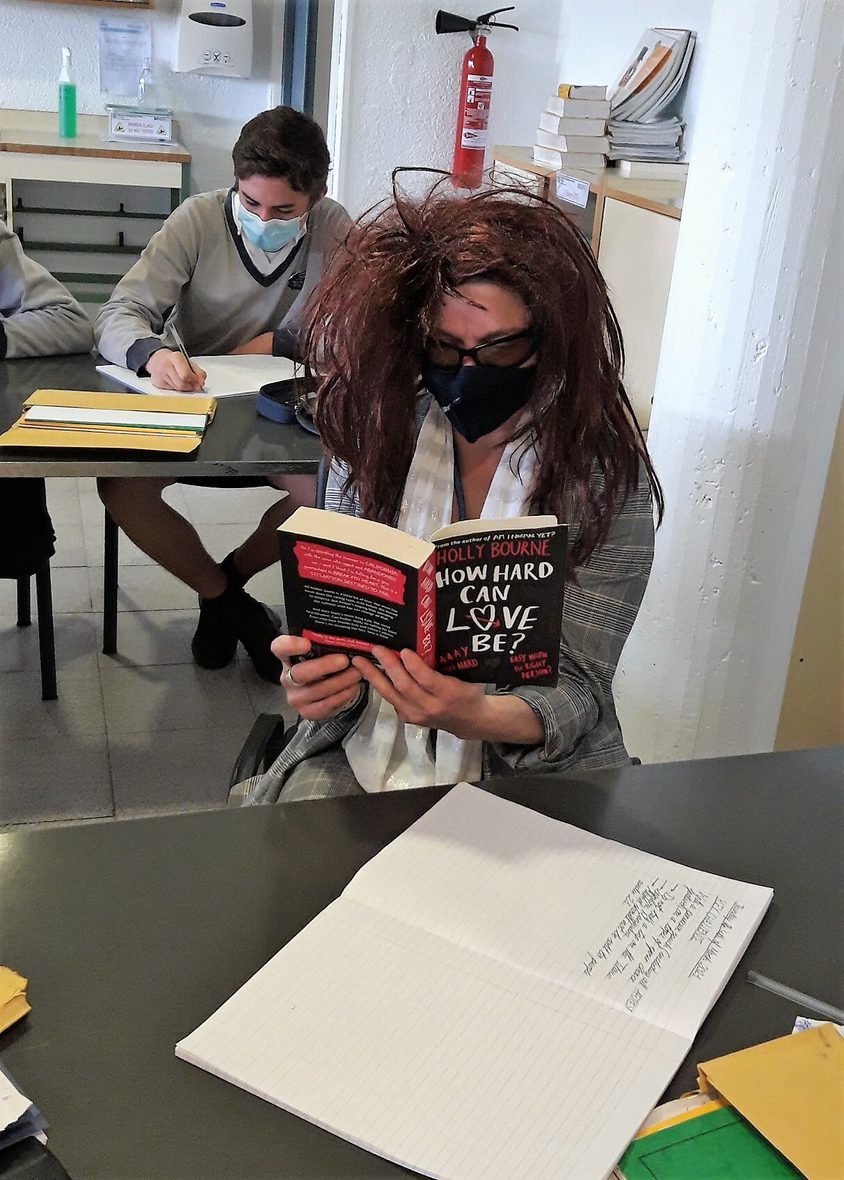
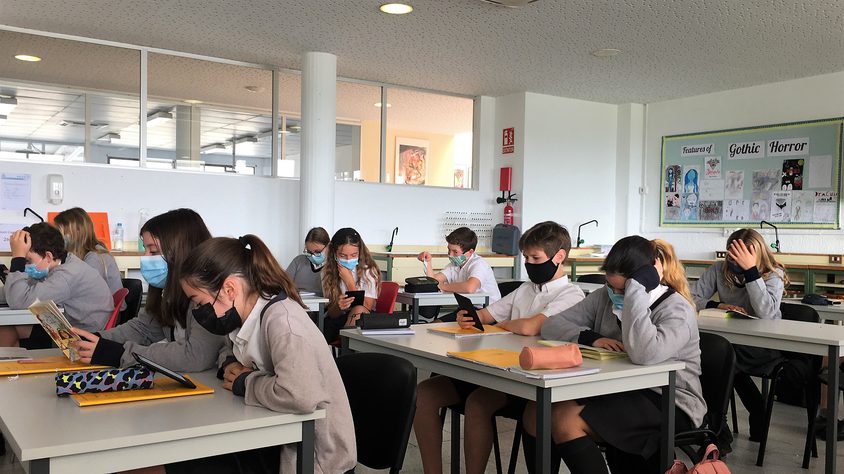
This term, English at BIC has included study of Shakespeare’s world and works, including Romeo and Juliet and his sonnets. Gothic literature has been enjoyed, from Frankenstein to ‘The Raven’, while Years 10 and 11 have been developing their skills in reading, writing and literary analysis, with Year 10 learning about poetry and being persuasive.
Year 7: Shakespeare’s World
The students in Year 7 have been learning about Shakespeare’s world and researched the life and times of William Shakespeare for homework. Below is some of the research conducted by Cameron, Finia and Alanah in 7I.
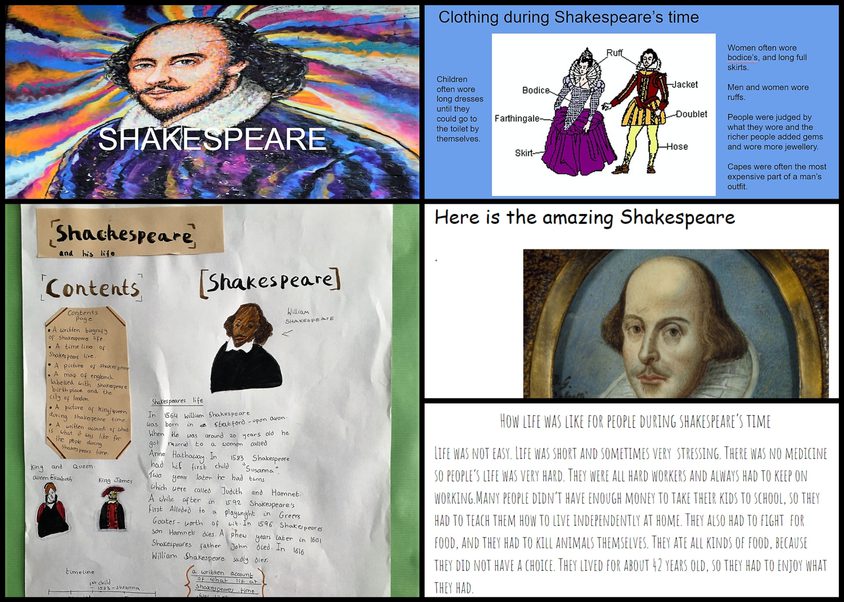
The students in Year 7 have been studying Shakespearean sonnets. Through this study, they have learned to create their own sonnets about the things they love.
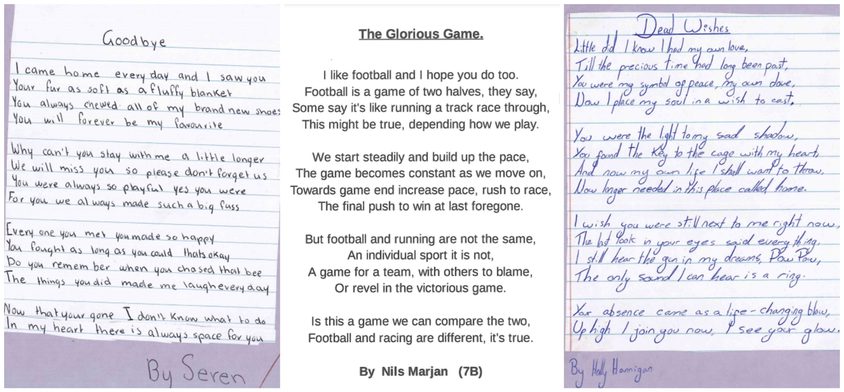
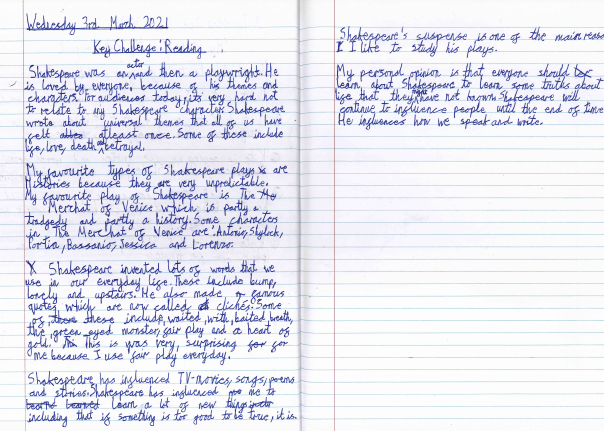
Year 8: Gothic Horror
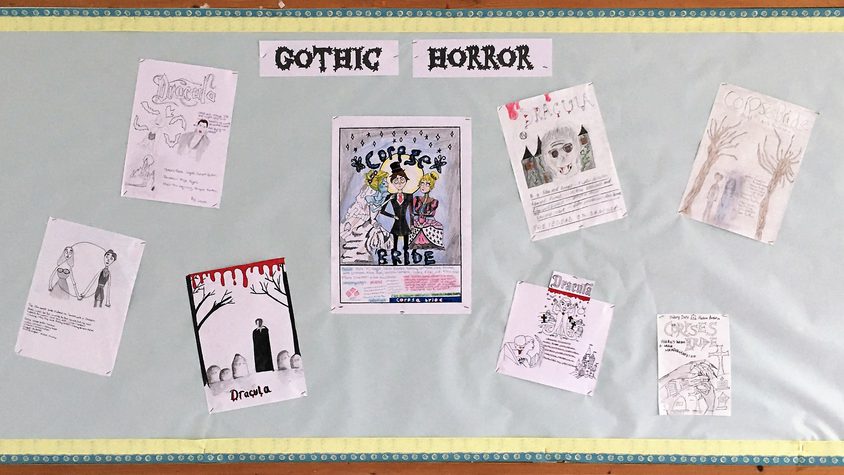
8C have been reading the play version of Mary Shelley’s Frankenstein. Today, they improvised a new scene.
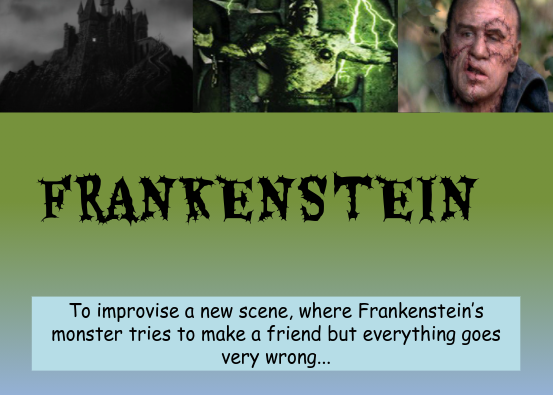
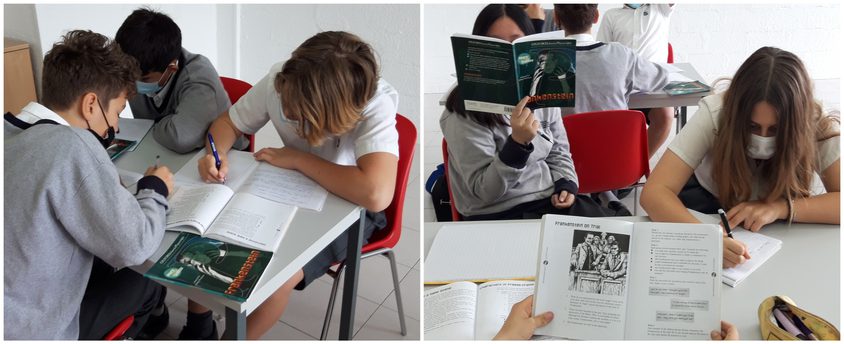
The monster meets Agathe, a blind girl, but is confronted by Victor Frankenstein who tries to shoot the monster, misses and kills Agathe instead.
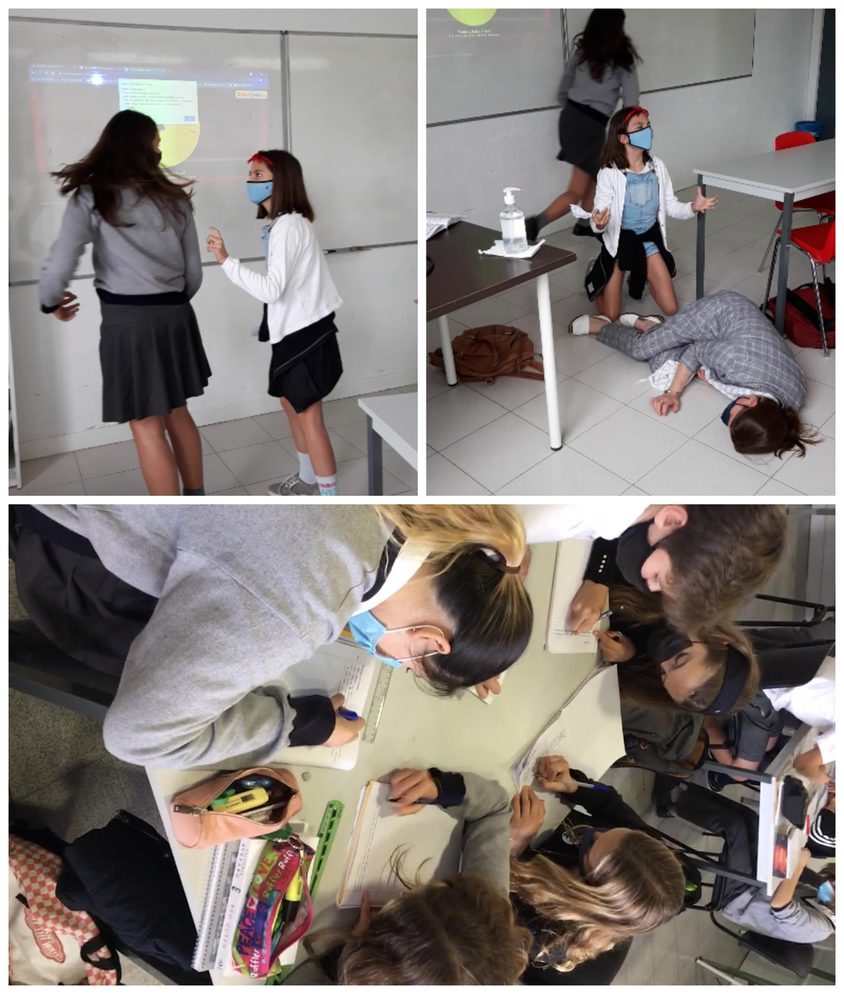
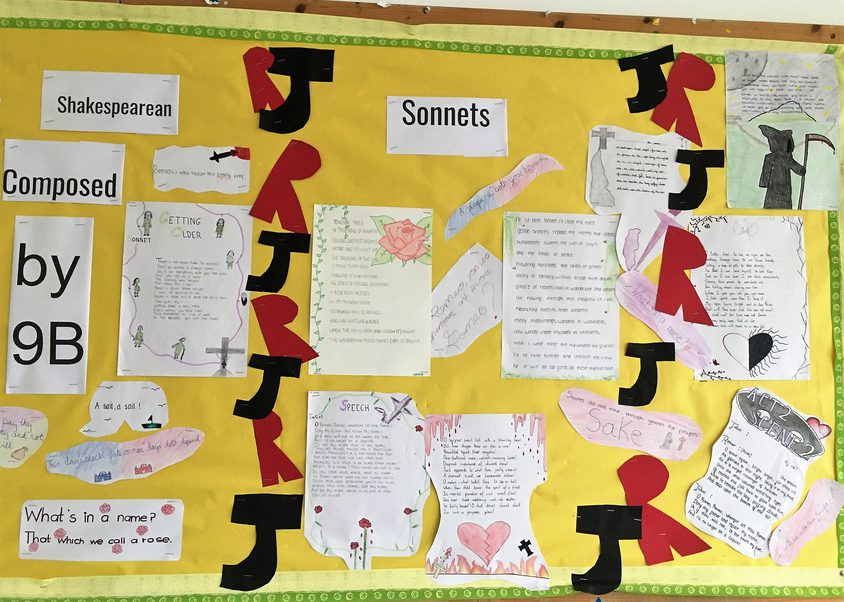
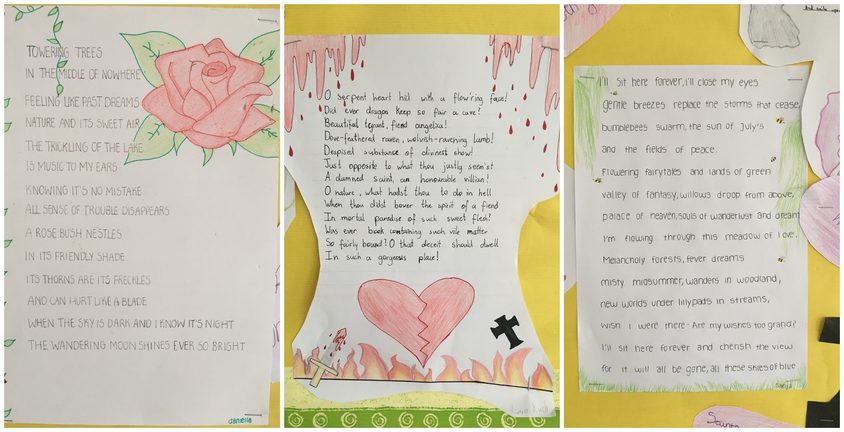
9I Have been reading Romeo and Juliet. Below, the students are analysing Juliet’s soliloquy from Act 4, Scene 1:
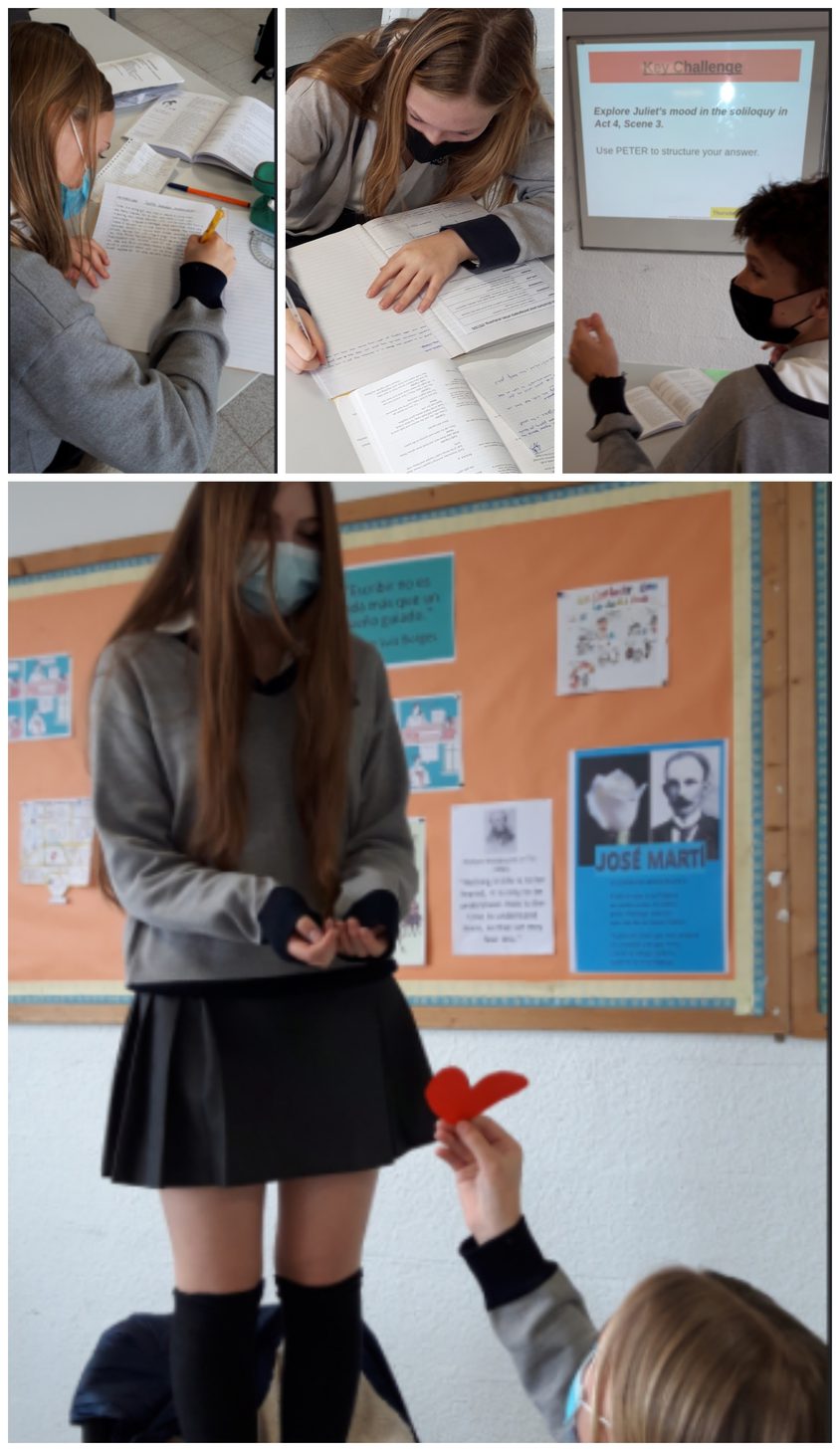
Year 10: Poetry and Language
Year 10 students are currently learning about poetry and analysing poems from around the world.
Here are some examples of their annotations:
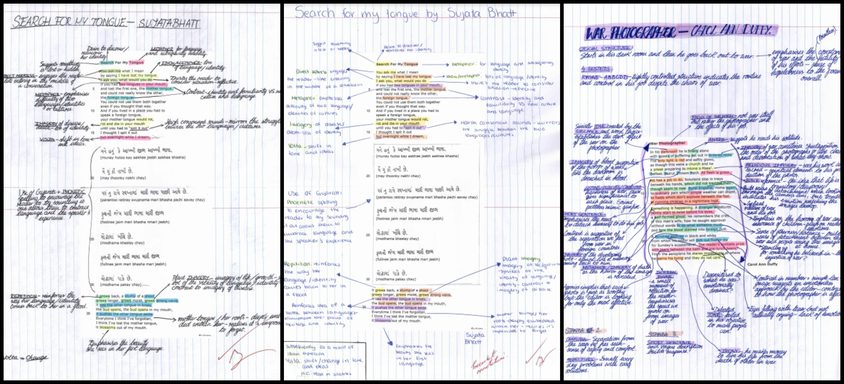
Students writing their own persuasive speeches, on a topic of their choosing, relevant to today’s society:
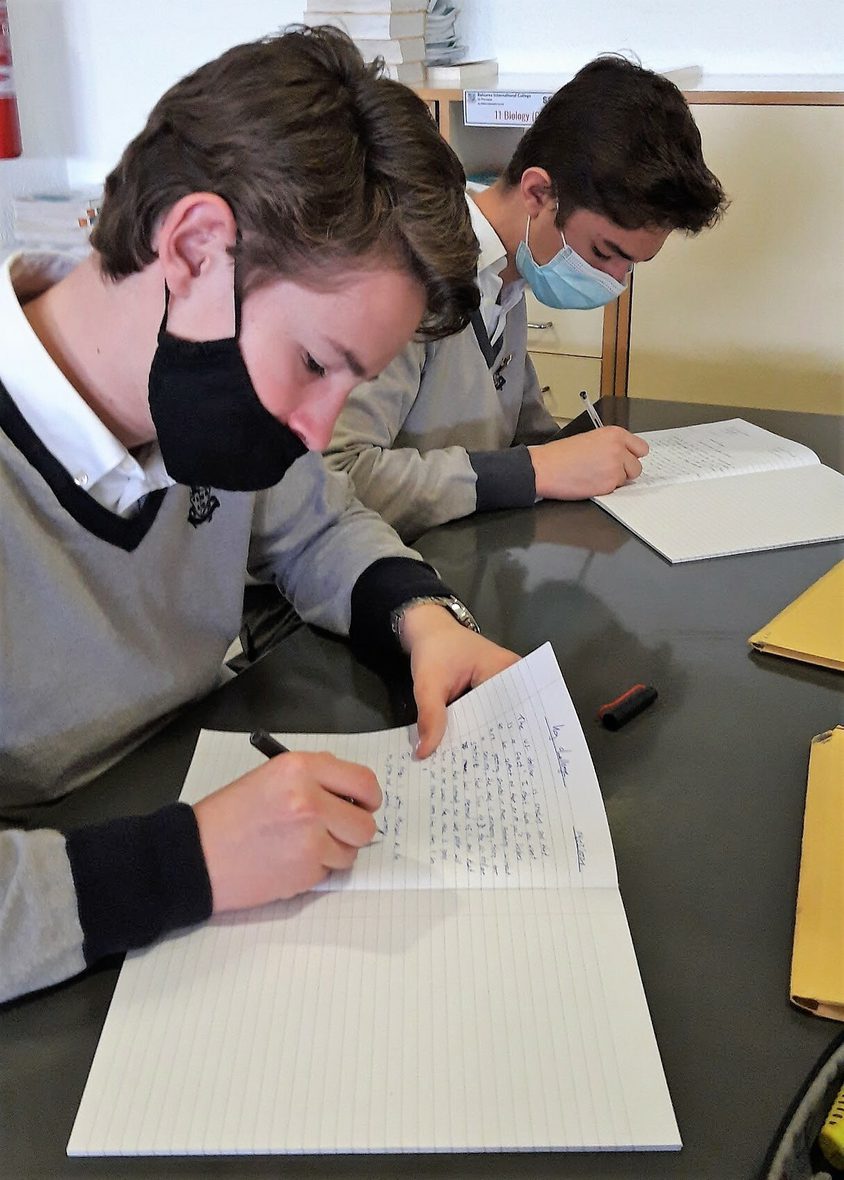
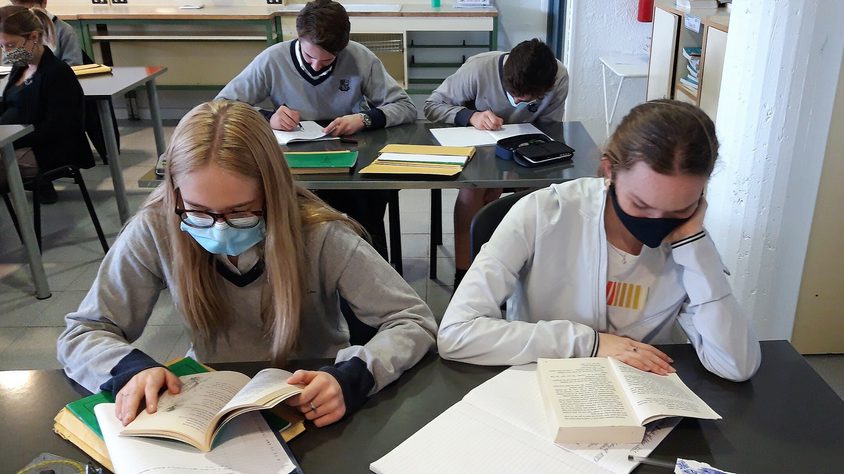
Year 11: IGCSE English Literature Revision
Year 11 are currently revising English Language and Literature.
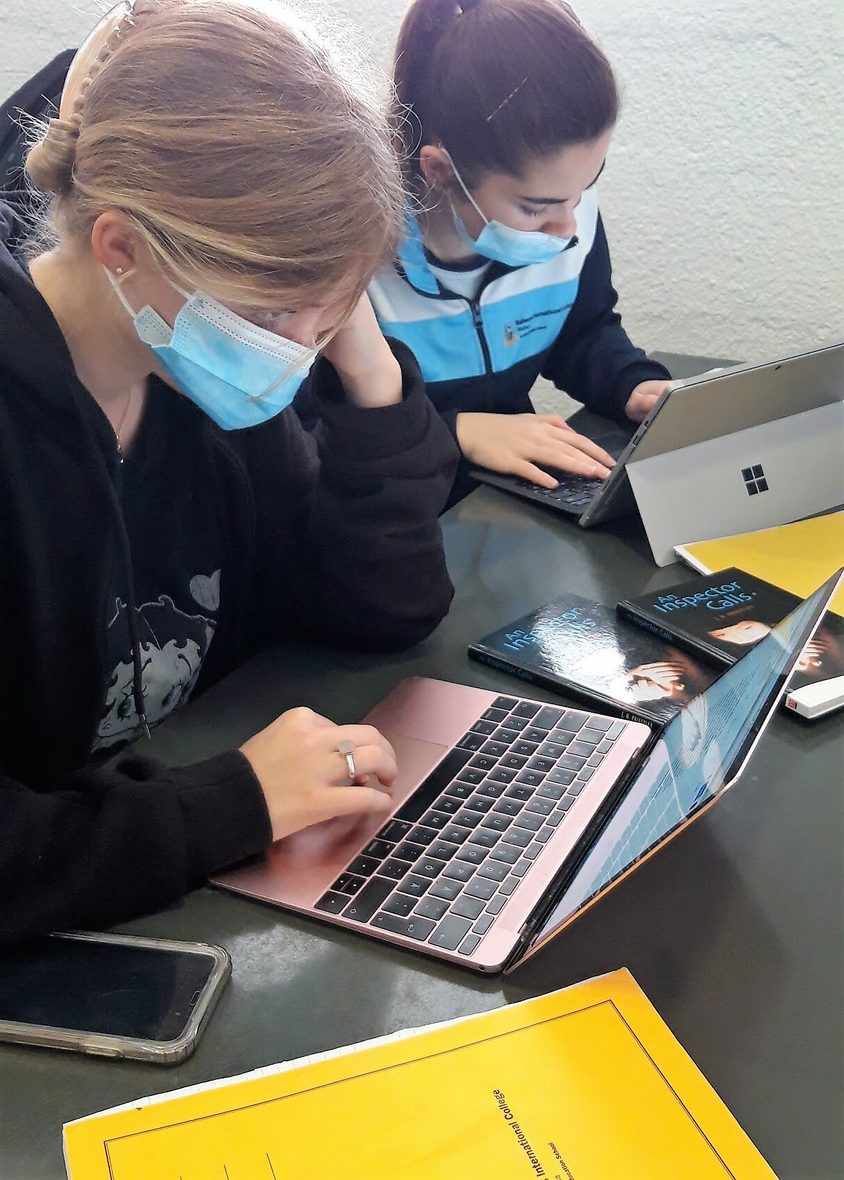
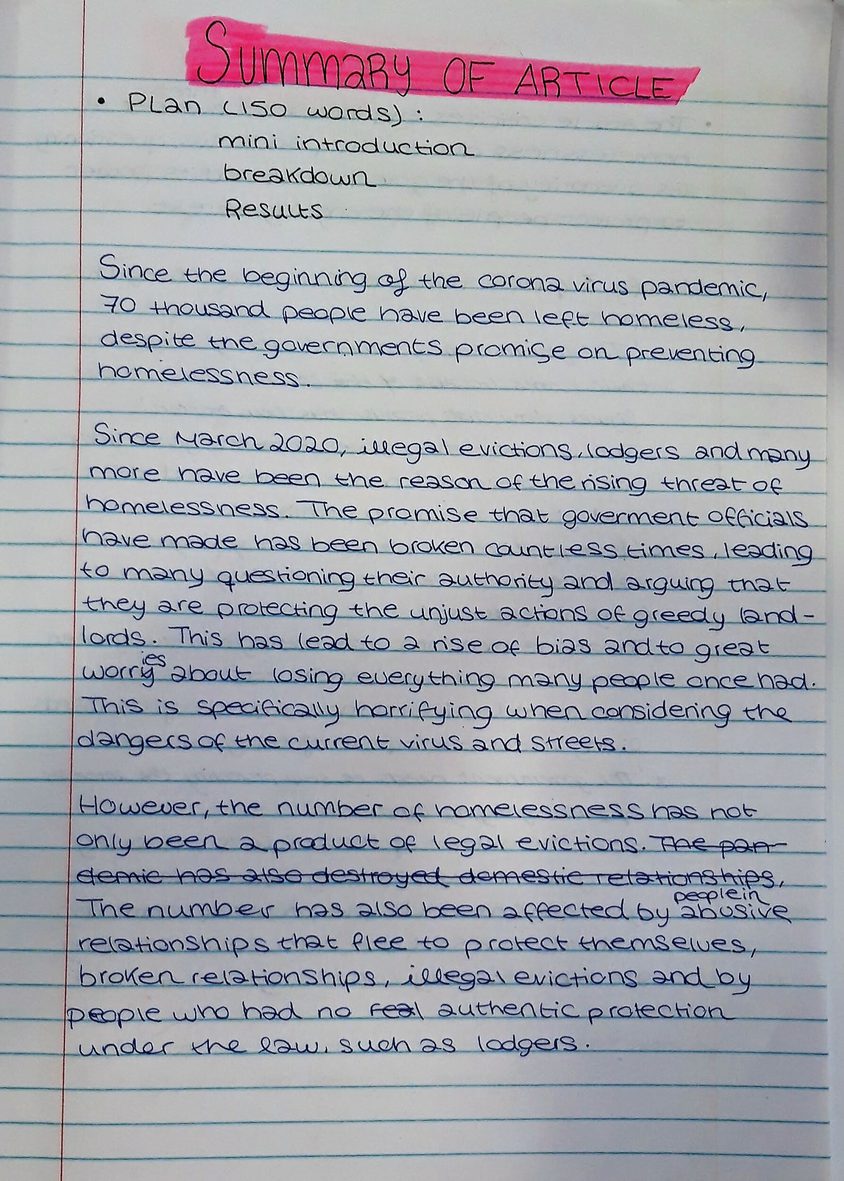
Today the students were working on their ‘An Inspector Calls’ essays:
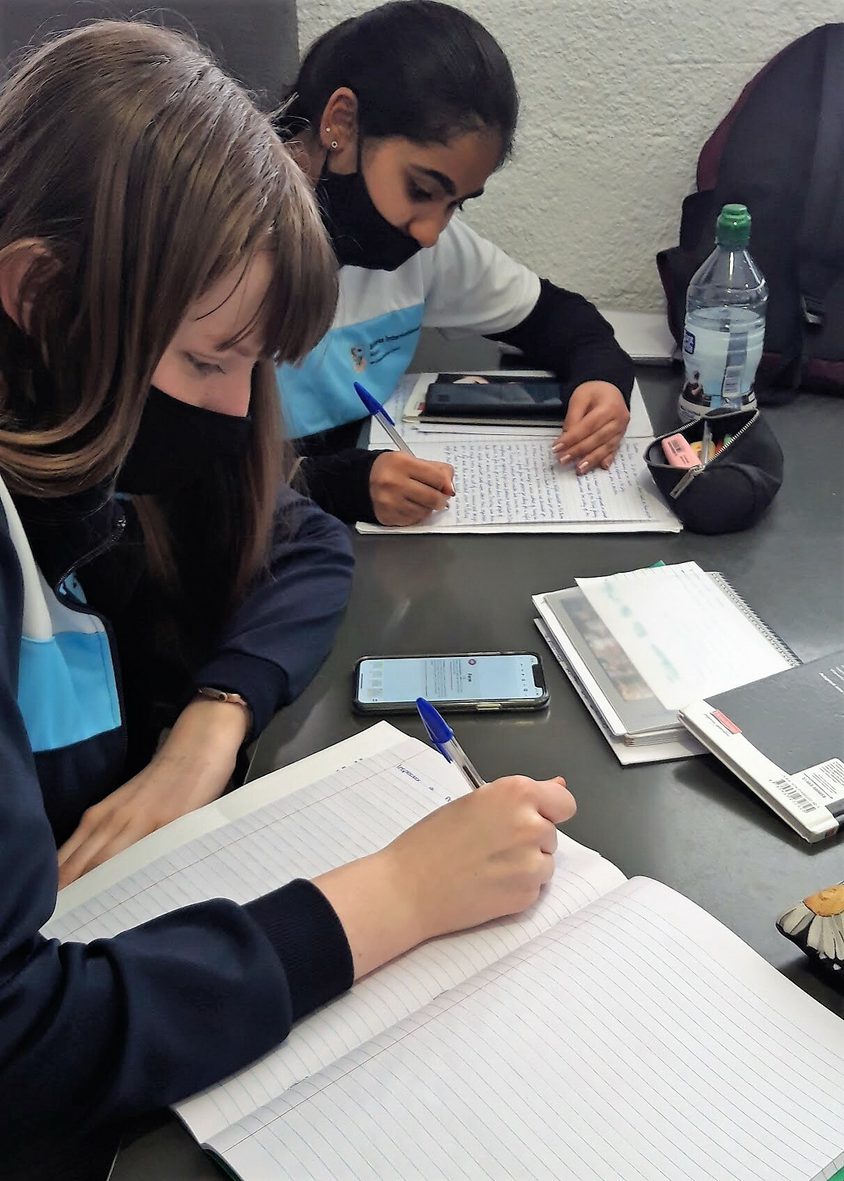
Below are some examples of revision notes created by our wonderful Year 11 students:
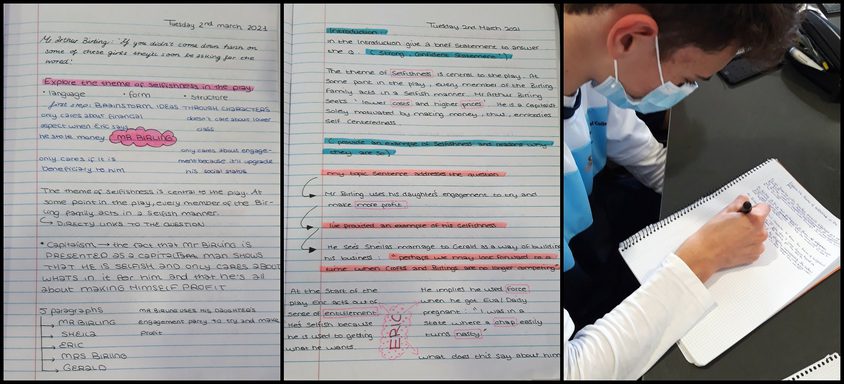
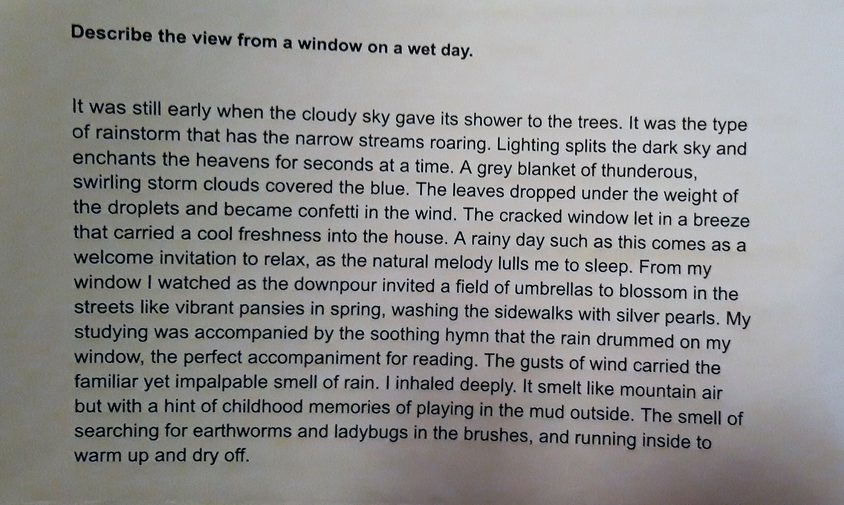
Year 13: A Level (English Language & Literature):
The students in Year 13 are currently working on their comparative essays about, F. Scott Fitzgerald’s, ‘The Great Gatsby’ and Lorraine Hansbury’s, ‘A Raisin in the Sun’.
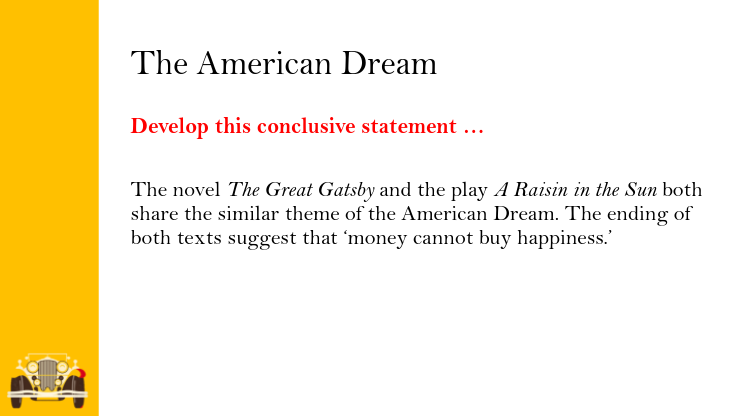
Here is an example of an opening to an evaluative-style essay:
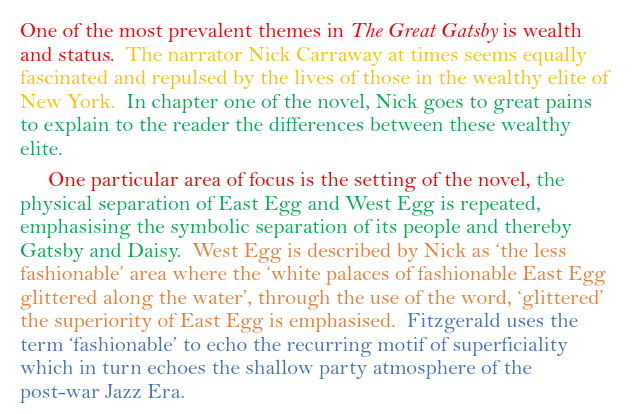
Examples of plans and drafts for other essay titles:
Society and the Individual: Social constraints in both texts:
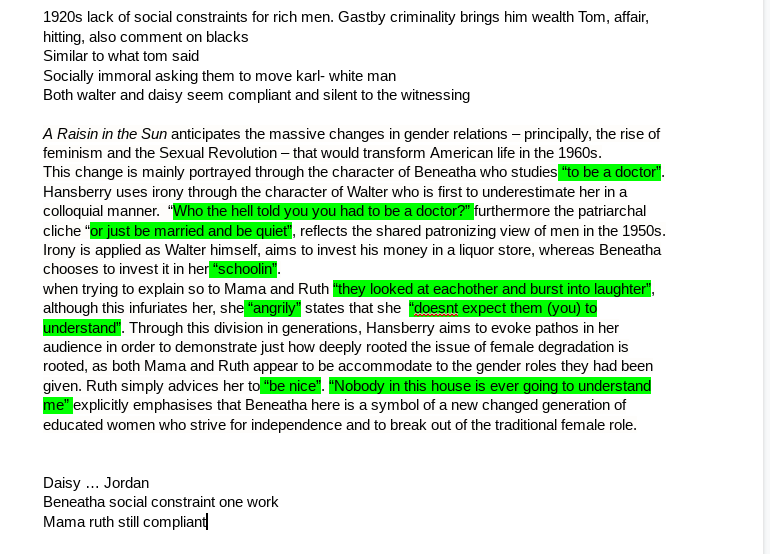
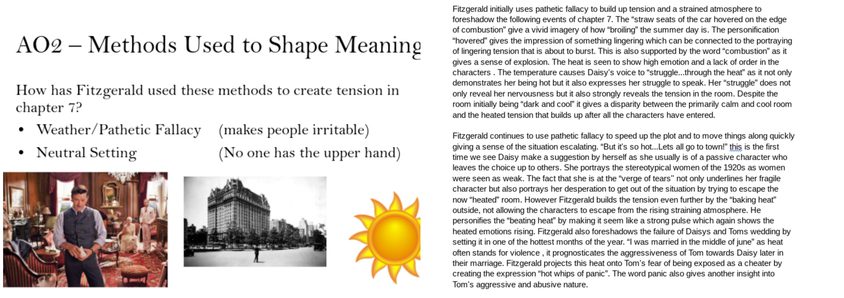
Shakespearean Club
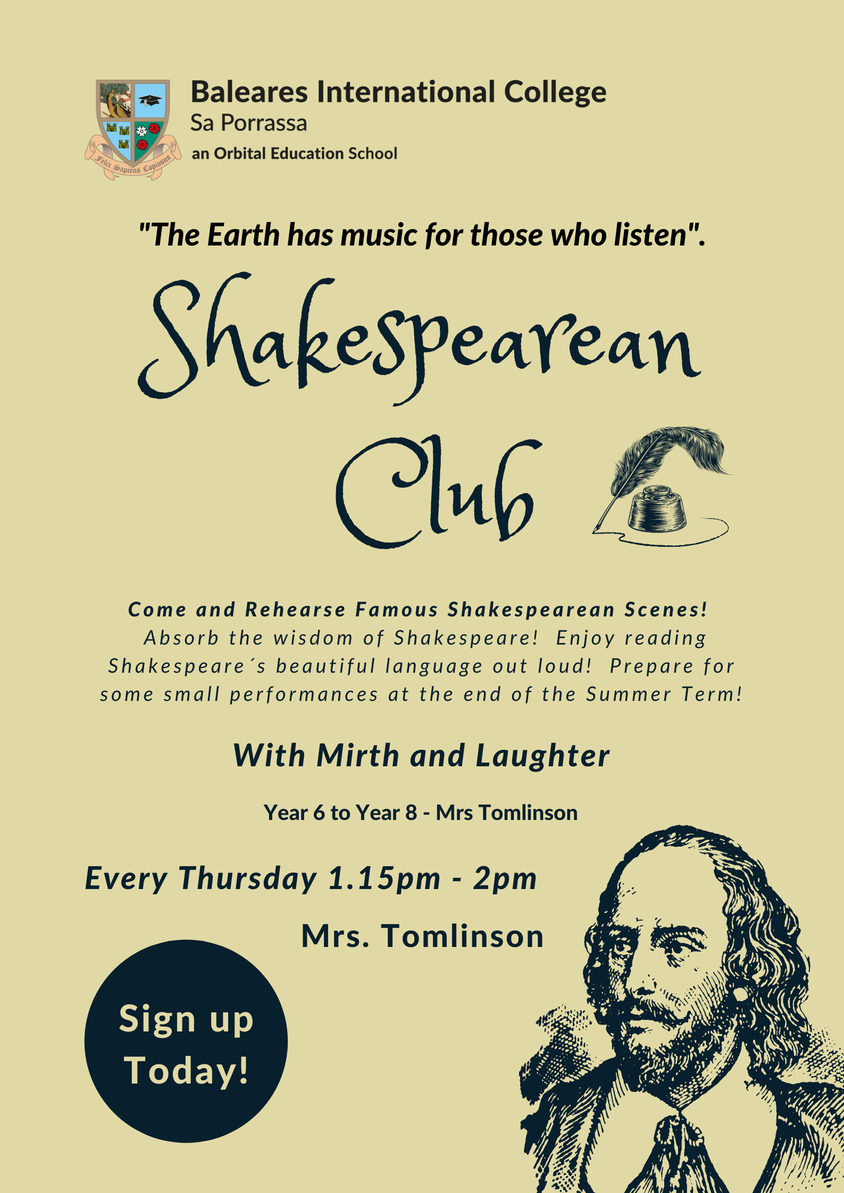
Today, the students were enthralled by ‘A Midsummer Night’s Dream’ by William Shakspeare.
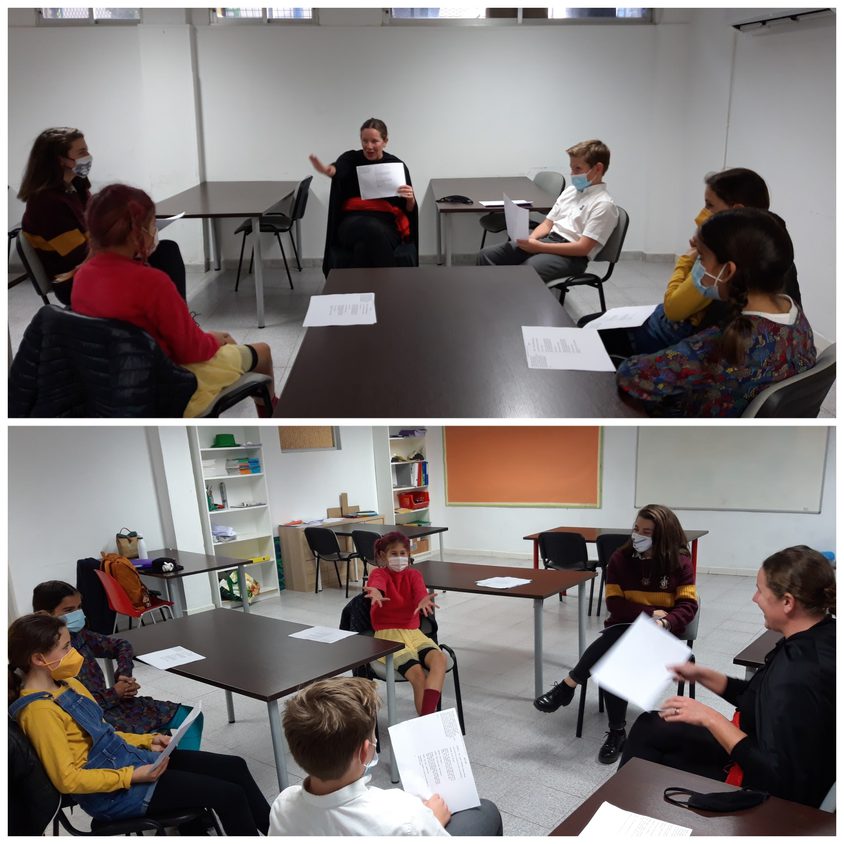
Year 8 have been studying Gothic literature this term. We read 'August Heat' by William Fryer Harvey and class 8I produced book covers and graphic novel extracts based on the story.

After studying Almond's novel Skellig and reading poems by William Blake, 7C wrote poems of their own about angels and illustrated them in the style of Blake's Songs of Innocence and Experience.

Science department news
The students this week in science have enjoyed stepping outside of their unit of work to briefly investigate astrobiology further. Following on from Mars Perseverance, the students wanted to investigate why it is essential to make sure that we do not contaminate space with extremophilic bacteria. Year 11 have been working hard to prepare for achieving their best this summer through developing their retrieval skills.
Thank you to all of the parents that joined us for this week’s Science Webinar! This will be published shortly for anyone who missed it!
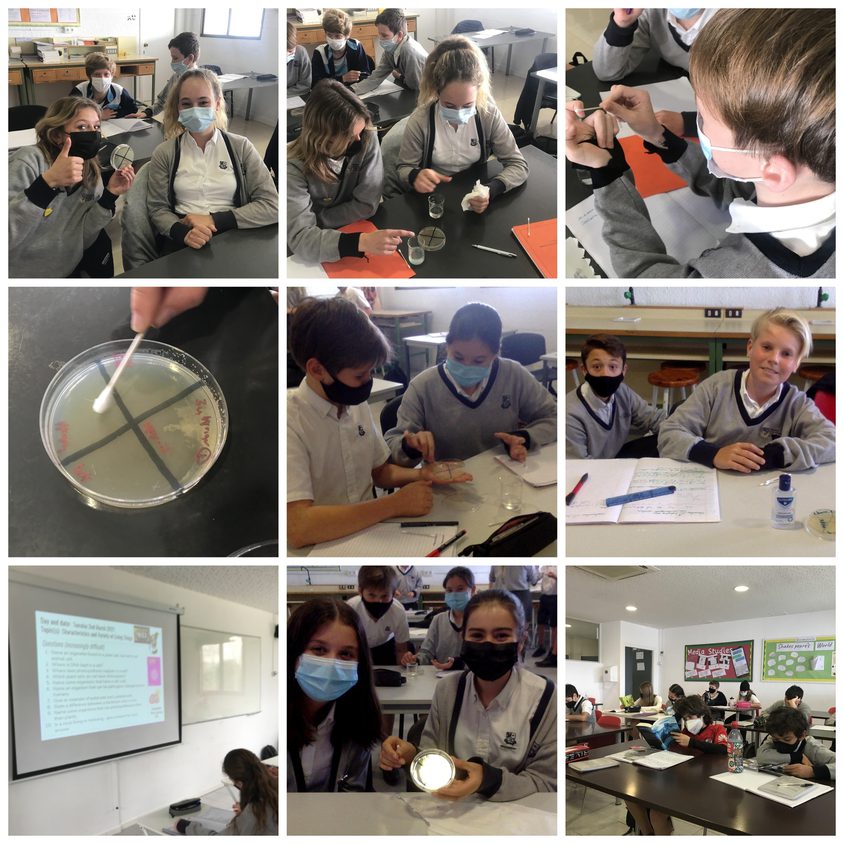
Humanities department news
Year 13 Diagrammatical Displays of Business Behaviour
As a way of correcting errors and omissions in two questions in their mock examinations, the five students – working in one pair and one small group of three – decided to do their further revision and corrections in diagrammatic form.
The topic for both questions was officially entitled “Business Behaviour” (microeconomics) which covers how firms decide how much to produce and the price(s) to charge depending on:
The time period under consideration – e.g. the short-run and the long-run
The objectives of the firm – e.g. maximisation behaviours (of either profit, sales or output maximisation, all of which are different), as well as managerial theories and satisficing (which involves keeping all stakeholders of the business satisfied, rather than just seeking to maximise any one thing)
The type of market it is operating in – e.g. the theoretical perfectly competitive market, a pure monopoly and monopolistic competition, amongst others.
In drawing these diagrams, the students are required to focus on, illustrate and calculate the varying levels of profit that the firm makes, as well as how closely the firm can achieve various types of efficiency when using scarce or finite resources.
The students determined how to construct and design the display, according to the requirements of the two questions in the mock examination.
The students’ names were Vivien, Julia, Karla, Dimitry and Santos. Great work, by the five of them, in a limited amount of time!
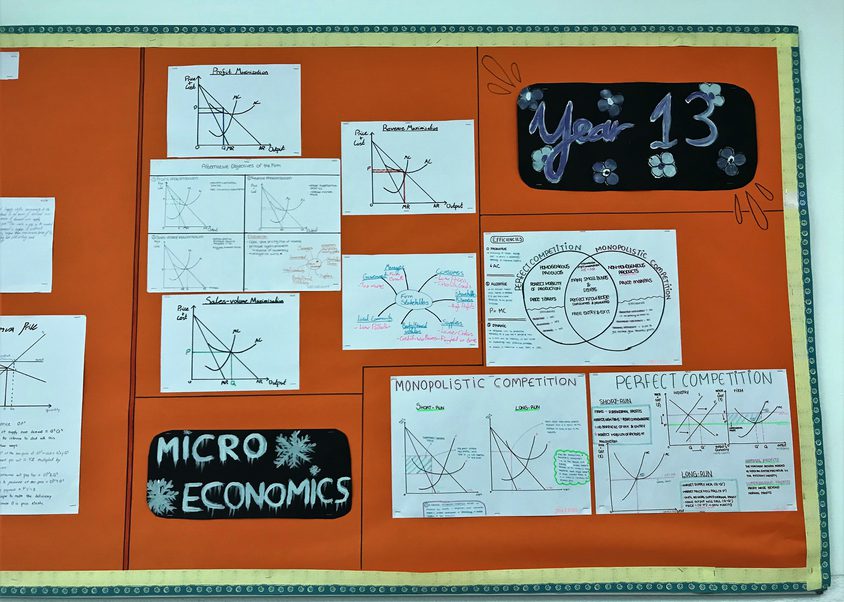
Year 12 Diagrammatical Displays of ‘Markets in Action’
Not wanting to be left out, Year 12 economists wanted to do a quick display and they chose to illustrate and explain the effect of government intervention in the free market, especially when imposing minimum prices for things like agricultural produce, to protect the incomes of farmers, and maximum prices in the interests of lower prices for consumers when seeking to acquire, essential products like rented accommodation.
Minimum prices create market surpluses which the government has to deal with either by buying up the surplus or making a deficiency payment in addition to what consumers are prepared to pay to buy up all that is put up for sale. The better course of action can be calculated and illustrated, as some of the diagrams they constructed highlighted. With maximum prices, the problem that can be created, even if the government tries to introduce a rationing system, is the development of illegal markets where prices are much higher than they would be in the absence of government intervention. Economics is all about choices that are made by economic agents, like consumers, producers and government, and this was well demonstrated by the displays completed by Arman, Alexsandra, Robert, Theo and Chazz……good work!
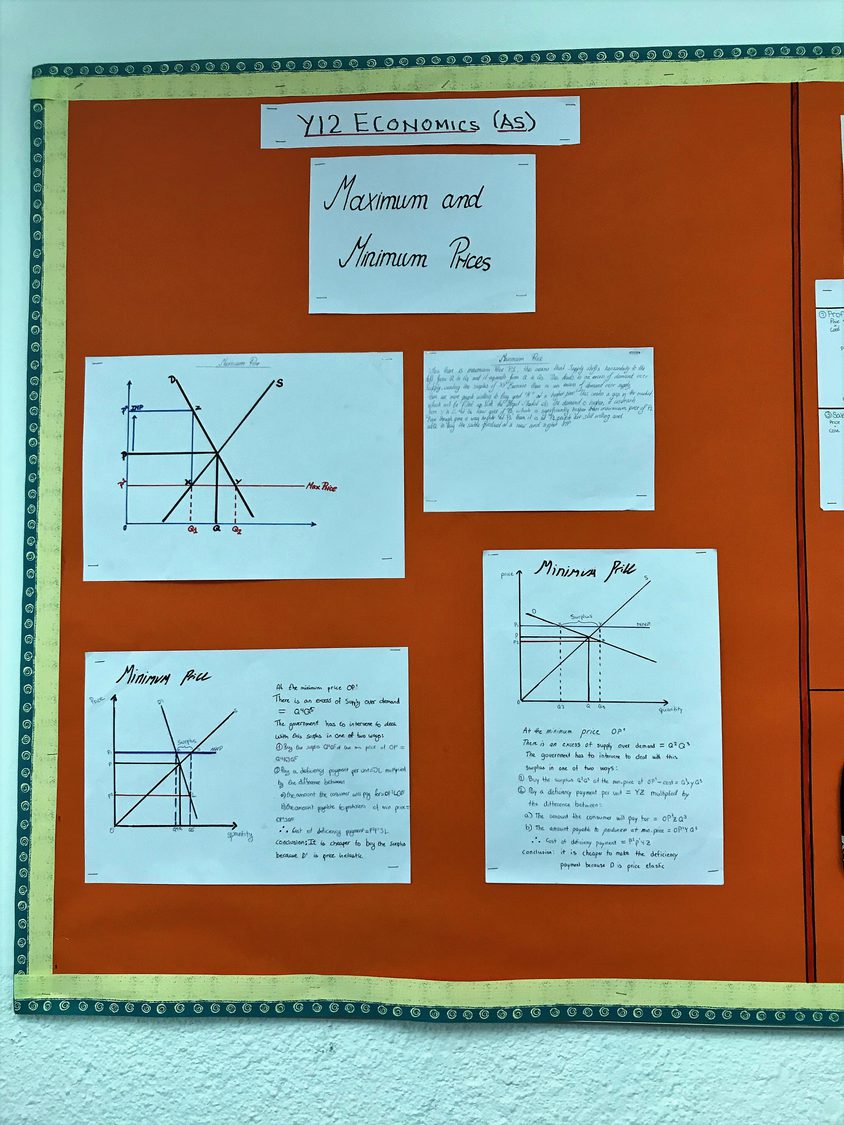
Business Studies IGCSE
If you choose Business Studies, you will discover how businesses are run, the challenges they face, as well as their successes and failures. You will learn about:
Business start-ups, their operations and different sizes;
- The role of people in business – including leadership, management and motivation;
- Basic business finances like break-even charts, balance sheets and cash flow;
- How businesses market their products decide things like pricing policies, sales promotion, packaging and advertising;
- Why some businesses grow to be very large, selling to mass markets, whilst others stay small catering instead of niche and specialist markets.
Sports department news
Year 8 Inter-House table tennis competition.
In a closely fought competition the winners were Roosevelt House. The names of the 1st four finishers are below. Congratulations to all the students who took part and earnt a house point for their team.
1st Kheidin - Roosevelt
2nd Neo - Roosevelt
3rd Archie from Parks and Maxi from Galileo House
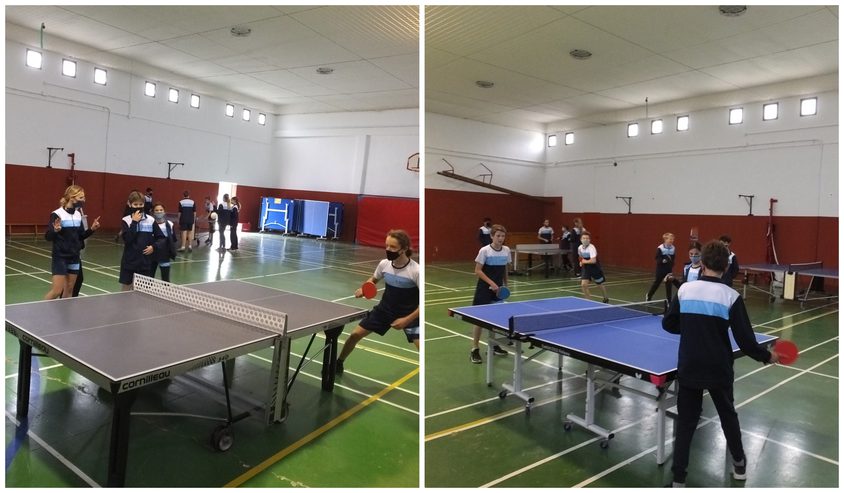
Creative Arts department news
This week in drama Year 11 have been working hard on their monologues from a variety of plays, including ´Blood Brothers´, ´Bouncers´, ´Shakers´, ´Why is John Lennon wearing a skirt?¨ and ´Adult child, dead child´. These are being performed on Monday 15th for their practical unit 2, and we are excited to see how feedback from the 6th form drama students this week will impact their final performance. Below we can see Isabel , Zac , Qasim and Lea all in rehearsal.
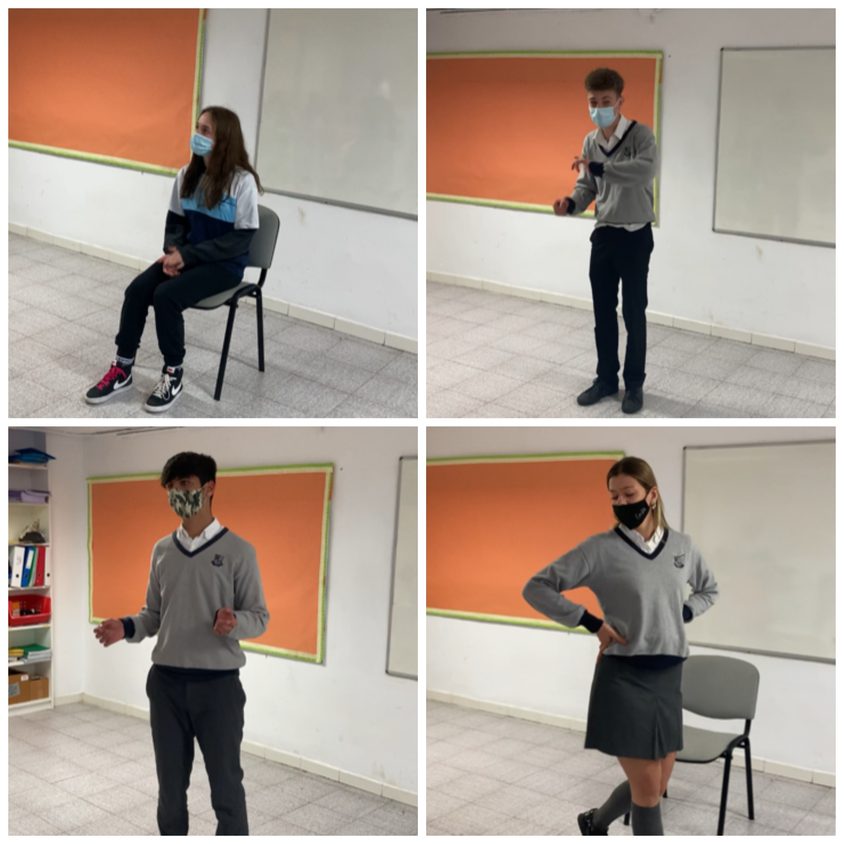
Meanwhile, the Year 12 drama students have continued with their exploration of creating physical theatre inspired by the work of the company Frantic Assembly. We have investigated how different techniques used in the creation process can help show character and storyline through the use of physical movement. Below we can see Jessica and Olivia in rehearsal.
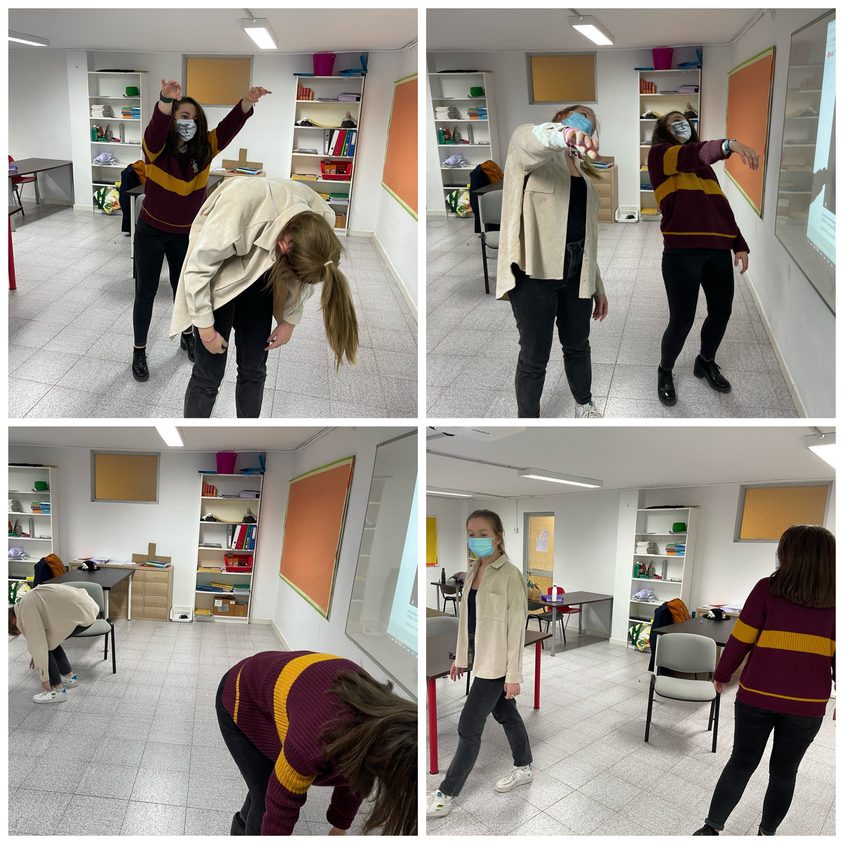
Whole School House System news

Extreme Read Competition - Winners and Pictures!
Well done to everyone who entered the Extreme Read competition. We had over 50 amazing entries which made judging very difficult indeed.
The winners are...!
- 1st Place - Gisele, Year 8 - Winton House
- 2nd Place - Alex, Year 5 - Winton House
- 3rd Pace - Lotte, Year 5 - Galileo House
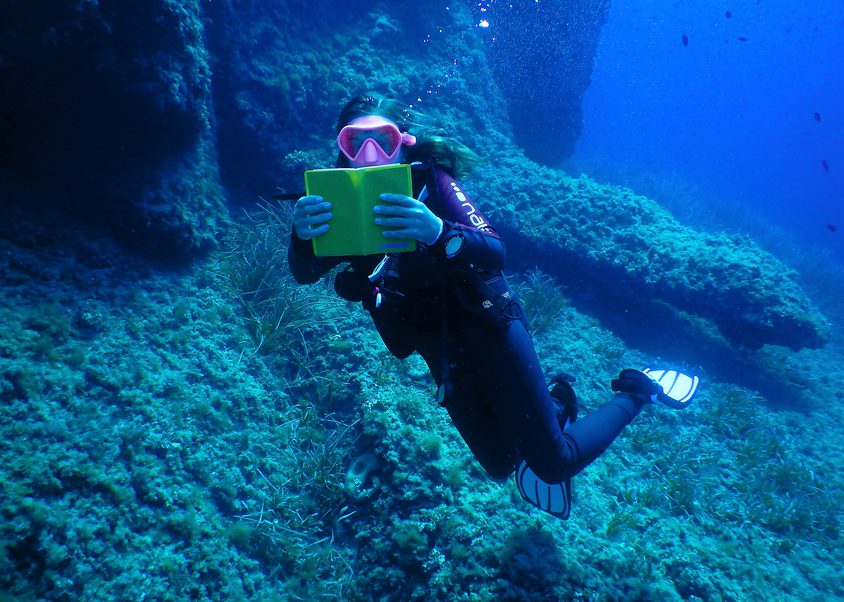
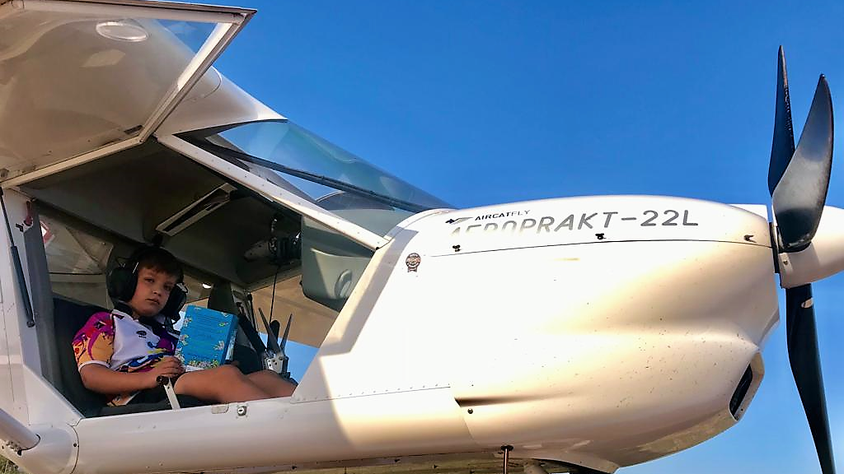
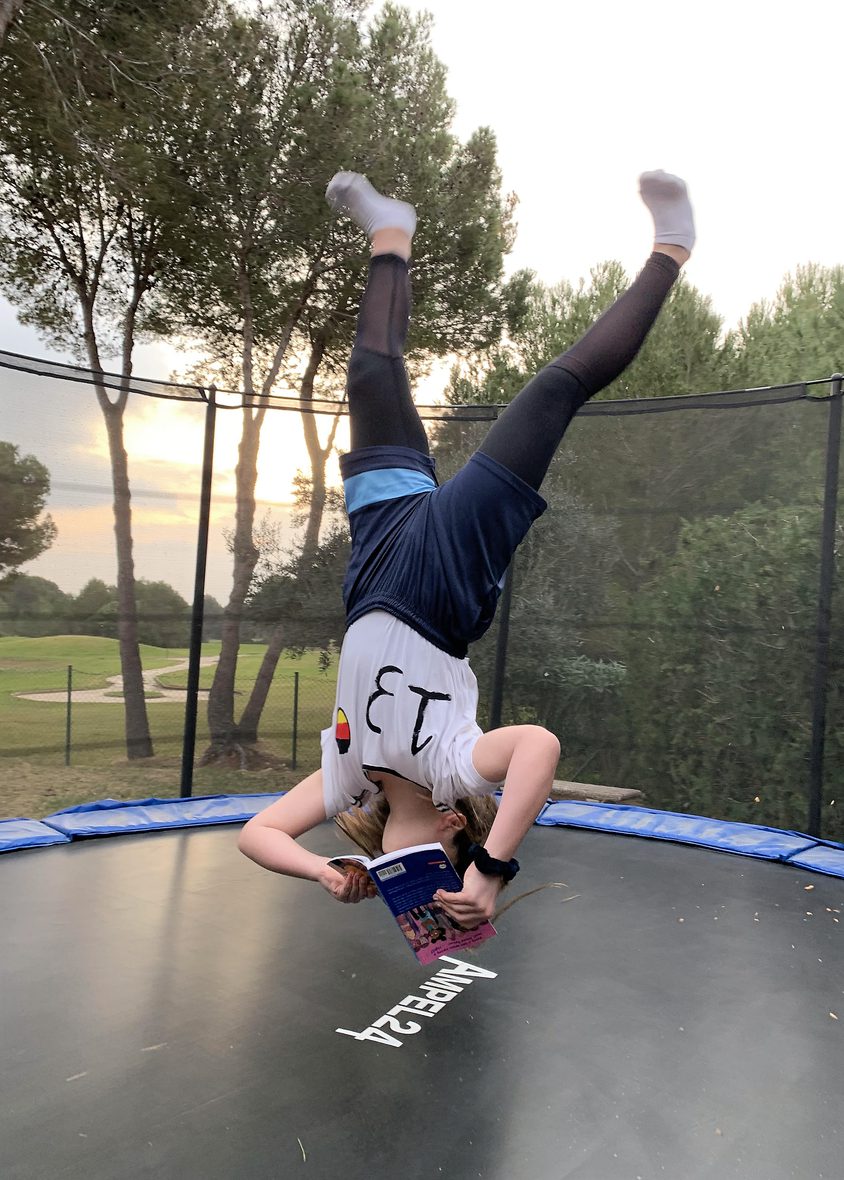
House Points Totals Update - Term 2
| Winton | Galileo | Roosevelt | Parks |
|---|---|---|---|
| 461 | 434 | 463 | 535 |
Overall House Points
| Winton | Galileo | Roosevelt | Parks |
|---|---|---|---|
| 1650 | 1618 | 1774 | 1846 |

